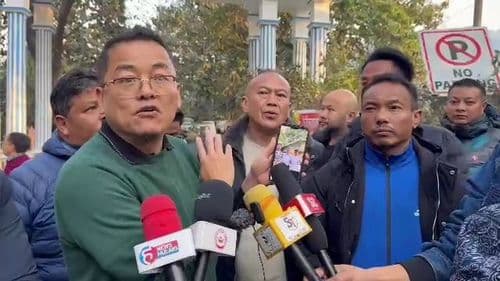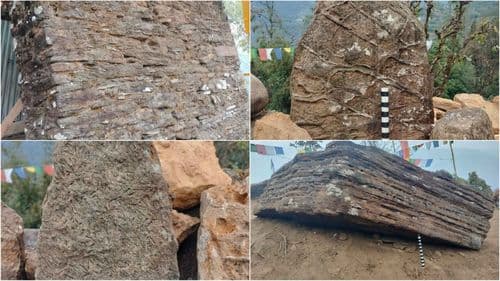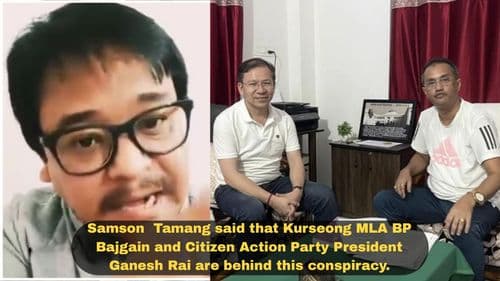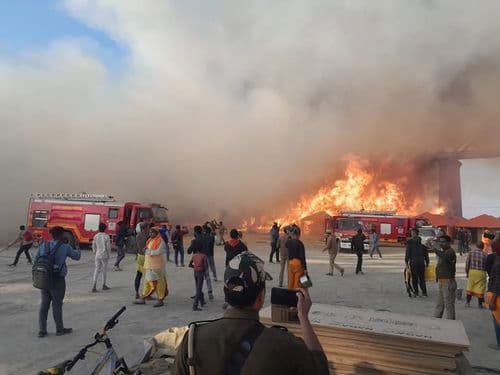Ajoy Edwards, President of the Hamro Party from Darjeeling, has intensified his campaign for justice for the victims of the 2023 glacial lake outburst flood (GLOF). Speaking out passionately, Edwards has demanded immediate relief and rehabilitation for the flood-affected communities of the Teesta region. However, his strong rhetoric and controversial proposal to block National Highway 10 (NH10) as part of his protest have sparked significant debates.
Edwards clarified his position recently, stating that his actions were not motivated by ill will toward the people of Sikkim but by a need to draw attention to the plight of flood victims, particularly in West Bengal. The tragedy has left many victims buried under sand and debris, with families still waiting for closure. Edwards squarely attributed the disaster to negligence, highlighting lapses by the Teesta Urja hydroelectric project and the NHPC. He argued that better planning and oversight could have prevented such devastation.
Despite these claims, Edwards’ call to block NH10 has been met with resistance. The national highway serves as a critical lifeline for Sikkim, connecting the landlocked state to the rest of India and facilitating the transport of essential goods, including food, fuel, and medical supplies. Blocking NH10 could isolate Sikkim, disrupt recovery efforts, and negatively impact the state’s economy, particularly its tourism sector, which is struggling to recover after the floods. Legal experts have also pointed out that such a blockade would violate court rulings, which deem obstructing national highways illegal.
Edwards has faced backlash for his controversial proposal, with critics labeling him “anti-national” and accusing him of using the flood victims’ plight for political gain. Observers have questioned whether his actions are motivated by genuine concern or are a calculated move to expand his political influence in West Bengal.
Edwards, however, dismissed these allegations, emphasizing that his intention was solely to advocate for justice. He apologized to the people of Sikkim if his words had caused offense, reiterating that his protest was aimed at holding negligent authorities accountable. He also raised concerns about the uneven distribution of benefits from hydropower projects, pointing out that while Sikkim has reaped significant advantages, West Bengal—despite suffering severe losses—has been left out.
His outspoken stance has sparked mixed reactions. On the one hand, his criticism of both the Sikkim and West Bengal governments resonates with those dissatisfied with the slow pace of relief and rehabilitation. On the other hand, his threat to disrupt NH10 has drawn criticism for potentially harming Sikkimese residents who are still recovering from the disaster.
Many believe Edwards’ advocacy is part of a broader political strategy. As the Hamro Party works to expand its influence beyond Darjeeling, Edwards’ campaign could help him gain visibility in North Bengal, where dissatisfaction with the state government is growing. His vocal support for the Teesta victims positions him as a champion of justice, challenging rival political leaders and appealing to disenchanted voters.
Whether motivated by genuine concern or political ambition, Edwards’ efforts underscore the ongoing need for accountability and support for flood-affected communities. His calls for justice highlight not only the human cost of the disaster but also the critical importance of equitable resource distribution, disaster preparedness, and responsive governance in the region.







